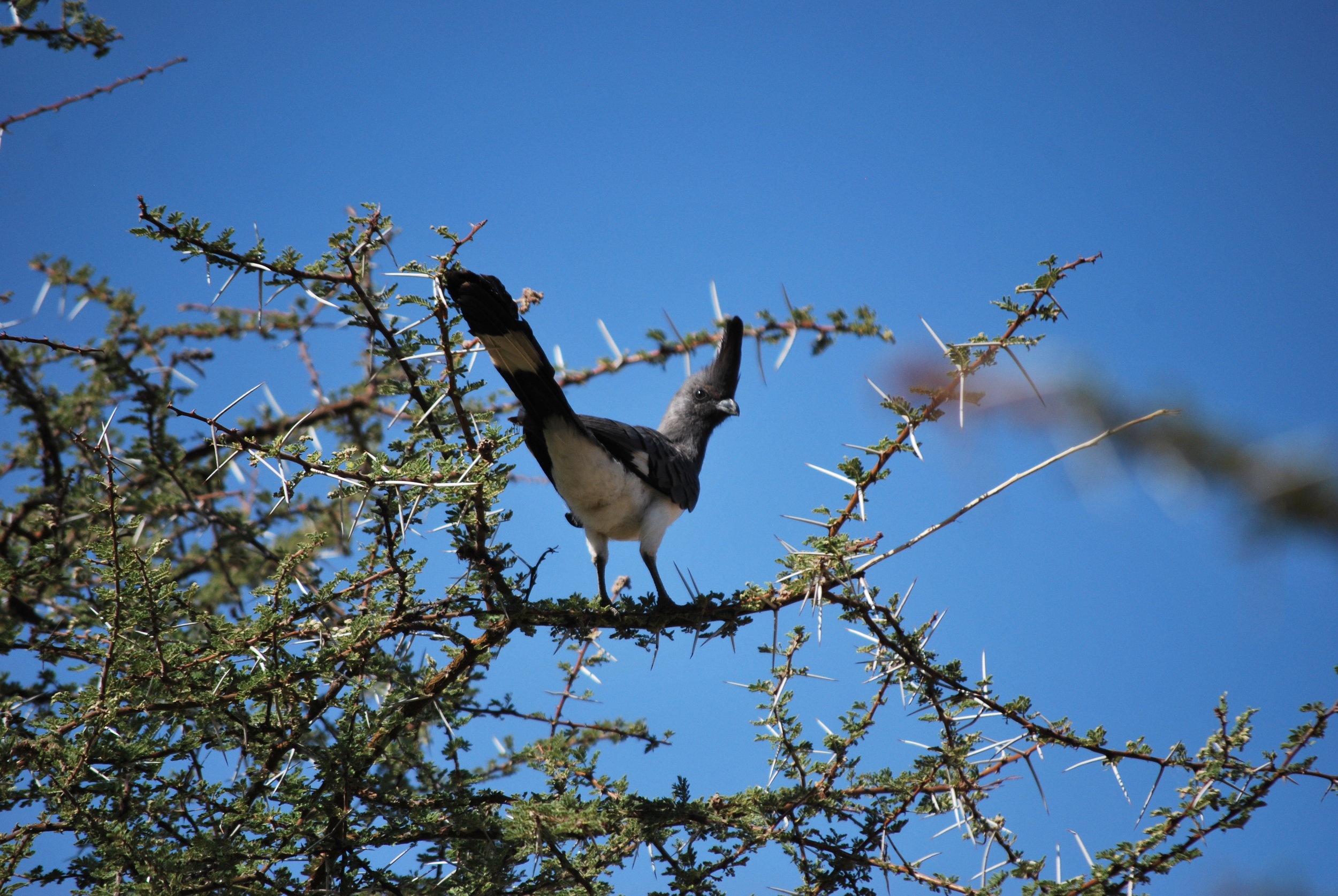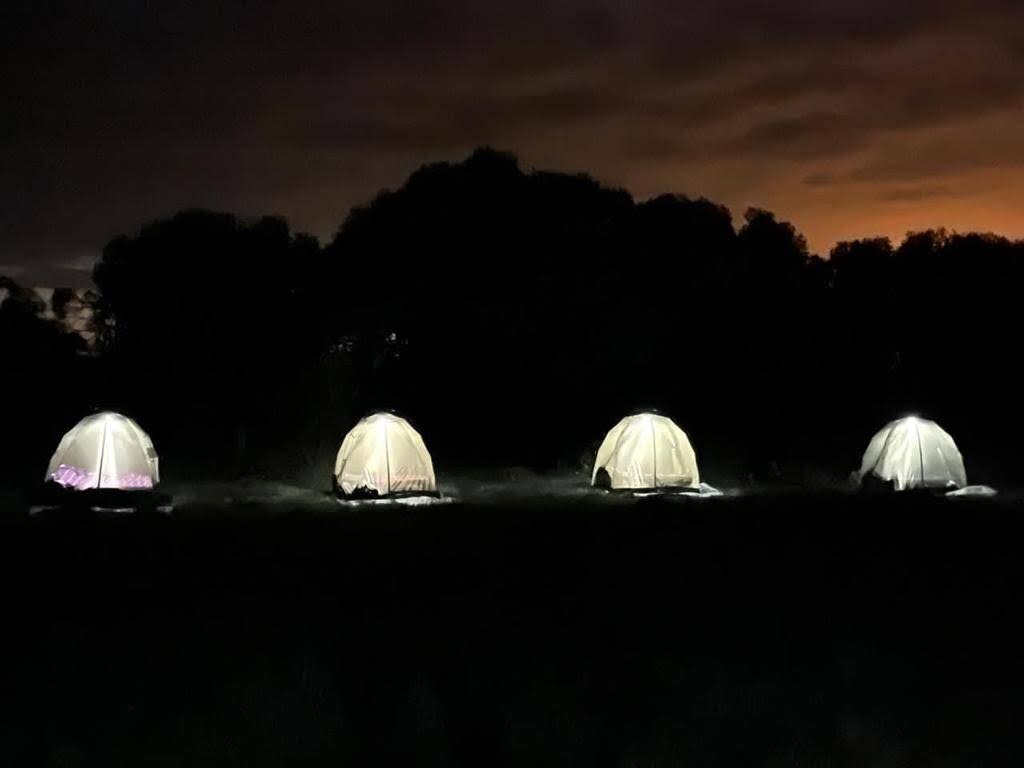
BLOG
The Ol'daiga flower - a explosion of colour in July. A short history of Lolldaiga Hills
July is a funny month in Kenya - the rains should have stopped by now, and the cooler months have set in. Nairobi is grey all day, but up north at the camp the days are sunny, with a nice breeze. It’s a great month for walking safaris as it’s not too hot!
The whole of Lolldaiga Hills are covered in a unique flowering plant called the Ol’daiga plant. They flower just once a year, after the rains, and have a distinct yellow flower that makes the whole conservancy look like it is wrapped up in a yellow coat to keep warm in the cold months!
Fly camping - what to expect for a night under the stars
You have booked your stay at The Safari Series and can’t wait for the adventure to start! Ed and Moon have suggested doing a fly camp - it sounds kind of fun, but you feel a little nervous of spending the night out in the middle of the conservancy… Sound familiar?! Well, read on for some more information to put your mind at rest that a night under the stars is the best decision you can make!
For your lifetime: working to meet one of our sustainability goals of reducing our waste
Last year, The Safari Series pledged to ‘Declare A Climate Emergency’. This meant we signed up with 500 other members of the tourism industry to declare that we believe that the threat of climate chance is upon us and only if we act now can we prevent lifelong and catastrophic damage to our eco-systems. You can read our pledge here.
Ed improved his bird knowledge on a bird course in northern Laikipia
Ed has always had a love of birds and enjoys watching them from the comfort of the mess tent through his binoculars (another part of the birthday present!). This course offered him the chance to understand these beautiful creatures better and get a bit of practice spotting and identifying them.
Keeping going through the hard times... And trying to keep sustainability at the front of our minds.
While the camp is closed, we are not laying idle. The rains are beginning again, which is great as they are almost a month late now and had been causing much anguish, so we have been replanting a number of flowerbeds that had been eaten by dik-diks. Read more about what we have been up to.





